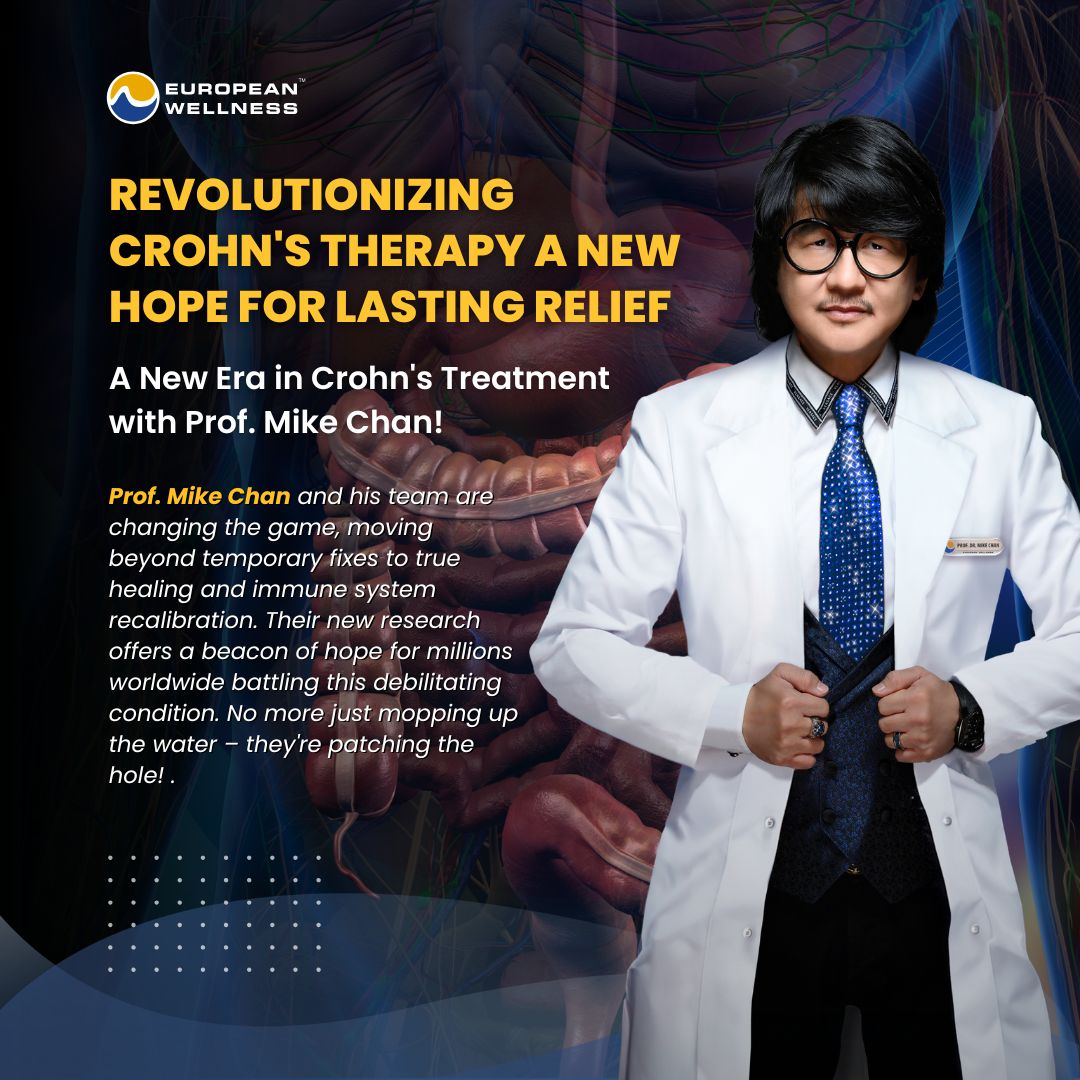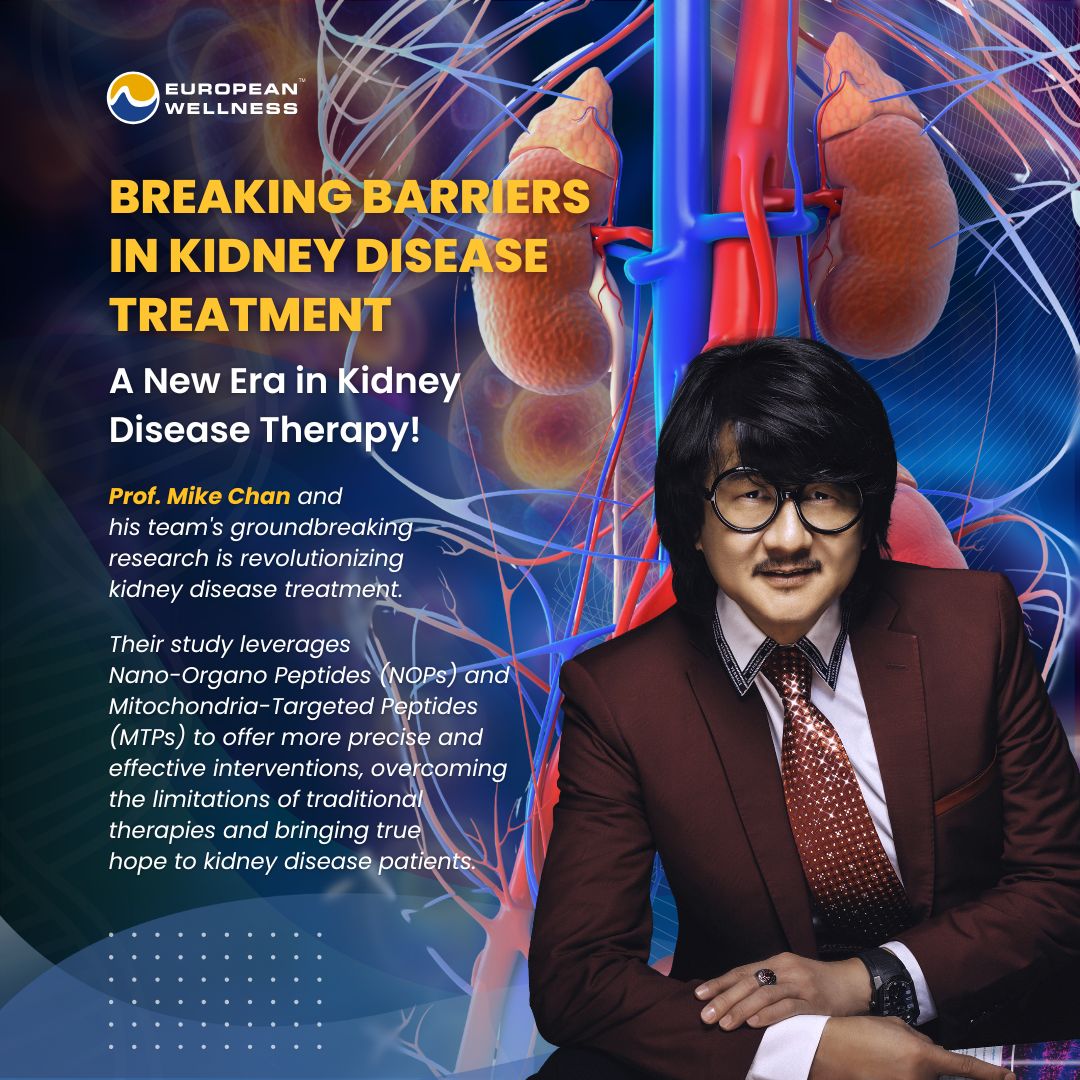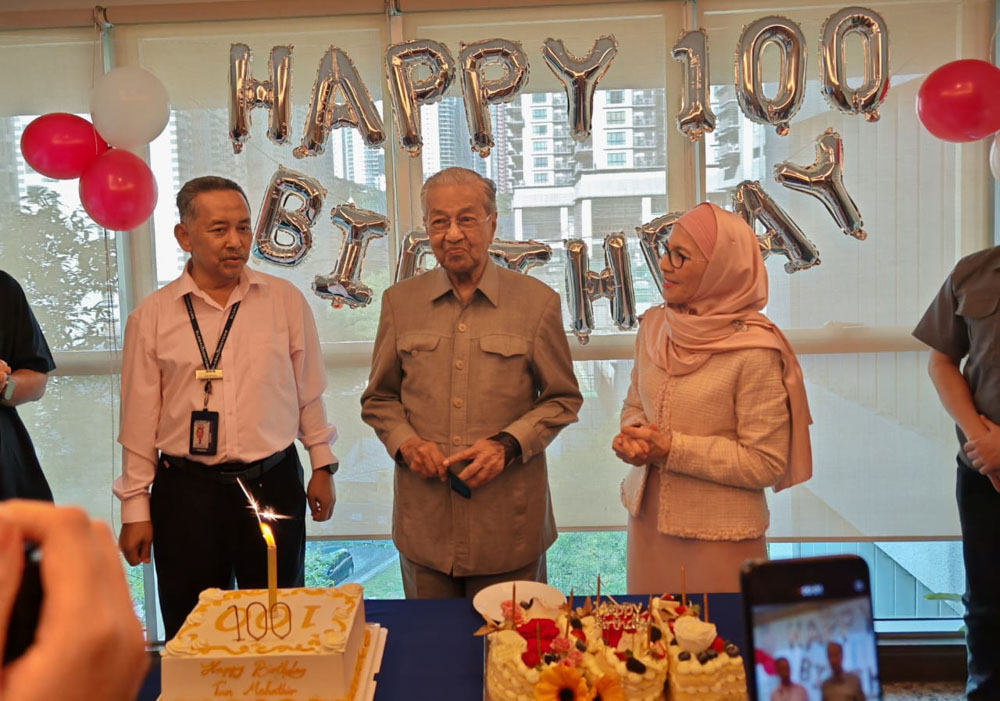HEIDELBERG, Germany, July 16, 2025 - Crohn's Disease, a challenging and often debilitating inflammatory bowel…

Revolutionizing Crohn’s Therapy A New Hope for Lasting Relief
HEIDELBERG, Germany, July 16, 2025 – Crohn’s Disease, a challenging and often debilitating inflammatory bowel disease, affects millions worldwide. For too long, treatments have focused primarily on suppressing inflammation, offering temporary relief but rarely a lasting solution. However, groundbreaking research led by Prof. Mike Chan and his team is ushering in a new era of hope, shifting the focus from mere suppression to true healing and immune system recalibration.
Beyond Suppression Restoring Balance to the Gut
Traditional treatments for Crohn’s Disease, while effective in managing symptoms, often fall short in addressing the root causes of the illness. Imagine trying to fix a leaky pipe by constantly mopping up the water, instead of patching the hole. That’s similar to how current therapies work. They dampen the immune system’s overreaction, but don’t repair the damaged intestinal lining or re-educate the immune system to tolerate harmless gut inhabitants.
Prof. Mike Chan’s study highlights the limitations of these approaches, noting that many patients still experience ongoing symptoms and complications. “Our current approaches, while valuable, often leave patients in a cycle of managing symptoms rather than achieving true, sustained remission,” says Prof. Mike Chan. His research proposes a paradigm shift: instead of just suppressing the immune system, the goal should be to restore its natural balance and promote the regeneration of damaged tissues.
The Power of Peptides and Precursor Stem Cells: A Two-Pronged Approach
The core of Prof. Mike Chan’s innovative approach lies in two key areas: peptide-based therapies and regenerative medicine, particularly involving stem cells. Think of peptides as tiny, intelligent messengers that can instruct the body to heal itself. For example, certain peptides can help rebuild the protective lining of the gut, which is often compromised in Crohn’s patients. Others can calm overactive immune cells and reduce scarring. Specific examples from the research include KPV, a peptide that helps reduce inflammation and strengthen the gut barrier, and BPC-157, which has shown promise in healing various tissue injuries, including those in the gut. Another peptide, LL-37, aids in mucosal healing and immune regulation.
Stem cells, on the other hand, are like the body’s master repair kits. They have the remarkable ability to transform into various cell types and can be used to regenerate damaged tissues. Prof. Mike Chan’s team is exploring how these powerful cells, such as mesenchymal stem cells (MSCs) and intestinal organoids, can be used to repair the intestinal lining and create a healthier environment in the gut. MSCs, for instance, can reduce inflammation and scarring, while intestinal organoids, which are miniature gut structures grown in the lab, can be transplanted to restore the damaged barrier. This dual strategy aims to not only reduce inflammation but also actively promote healing and restore the gut’s natural defenses.
Re-educating the Immune System Antigen-Adaptive Selective Immunotherapy (AASI)
Perhaps the most revolutionary aspect of Prof. Mike Chan’s work is Antigen-Adaptive Selective Immunotherapy (AASI). This advanced approach is like a personalized training program for the immune system. In Crohn’s, the immune system mistakenly attacks beneficial gut bacteria or even the body’s own tissues. AASI aims to re-teach the immune system to recognize these as harmless, preventing future attacks without broadly suppressing the entire immune response.
Imagine your immune system as a highly trained guard dog. In Crohn’s, it’s barking at friendly visitors. AASI helps the guard dog learn who the real threats are, so it stops barking at friends. This targeted approach is crucial because it minimizes the side effects associated with broad immunosuppression, such as increased risk of infections. “We are moving towards a future where we can precisely re-educate the immune system, offering a more targeted and safer path to long-term remission,” states Prof. Mike Chan. This personalized strategy holds immense promise for patients who haven’t found lasting relief with conventional treatments.
Prof. Mike Chan’s research represents a significant leap forward in understanding and treating Crohn’s Disease. By focusing on restoring immune balance, regenerating damaged tissues, and re-educating the immune system, his work offers a new beacon of hope for those living with this chronic condition.
Click on this link to read more about the following research: https://european-wellness.eu/publications/restoring-immune-balance/
Follow European Wellness Academy:

